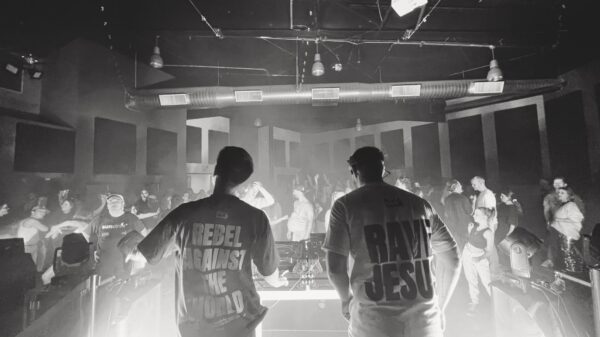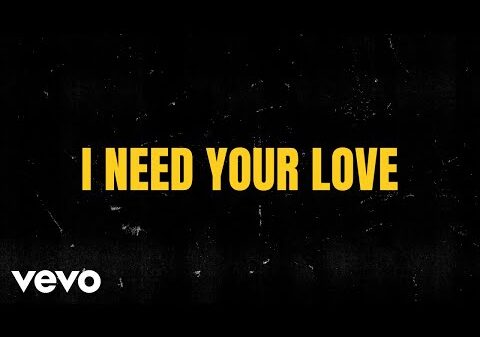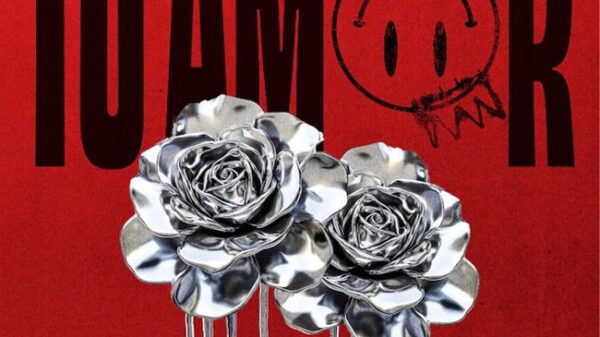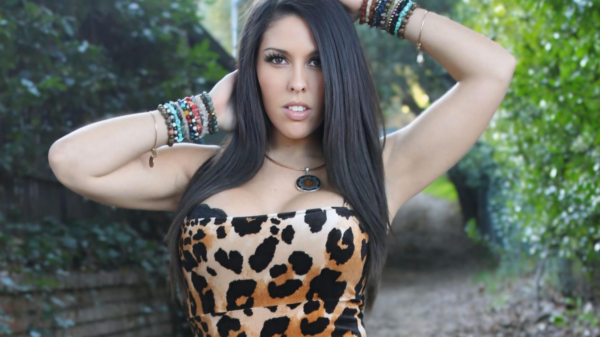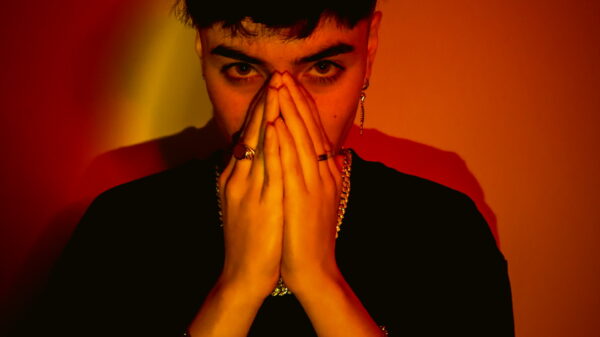In 1926, New York City, boom town of post reconstruction America and the shining jewel of American interwar opulence, enacted a law to help their police officers enforce an incredibly controversial new federal amendment to the constitution. The 18th Amendment made the sale, production and import of alcohol illegal in the United States. Obviously like the intoxicant hungry culture that America embodies, people found ways to sneak drinks back into the main stream market of major cities.
New York had a problem on it's hands as the mafia took hold of this newly illegal good and supplied them to secret bars which served liquor to their patrons. The city saw that many of these establishments were billed as dancing clubs holding your everyday whoopee parties. In order to combat this, the city went full on Footloose and banned dancing outside of establishments with cabaret licenses. The interesting thing is that when the 21st amendment was passed, ending prohibition…the dancing ban was held in place. This was because it became a major source of funding for a city that was intoxicated with making money every way possible in a pre-depression America.

How Has This Lasted?
To put it bluntly this seemingly archaic law was the perfect way to maintain some form of control over a city, which quite literally never sleeps. Though it has not been widely enforced since the reign of Mayor Giuliani, it has kept many club owners in all five borrows nervously tapping their feet, and not to the beat of a hard 4 on the floor track. The fines that come with violating the cabaret laws are so hefty that they can destroy businesses. Gaining a cabaret license is astronomically difficult. The New York Times reports that only 97 out of over 25,000 establishments in the city currently hold the license.

In order to obtain a cabaret license clubs must get approval from several governing bodies, and of course pay borderline insane fees. Not all pieces of the law are entirely useless in current day though. This is one of the reasons why the law still exists; it helps create certain safety regulations in drinking and dancing establishments including but not limited to mandatory security cameras and properly marked exits. While these are important, the majority of the regulations of the cabaret laws are doing more damage than good.
The Decision To Change
Rafael Espinal a city councilman from the Bushwick area of Brooklyn introduced the bill to help the local explosive music scene of Brooklyn continue to thrive. The mayor of New York, Bill de Blasio endorsed the ending of the cabaret laws, but also emphasized that necessity to keep safety regulations that are included in the laws. The measure is expected to pass with overwhelming support and Councilman Espinal will go down in history as a Kevin Bacon like figure by finally allows the city of New York, the nightlife capitol of the country, to dance freely – like nobody is watching.
Source: The New York Times

